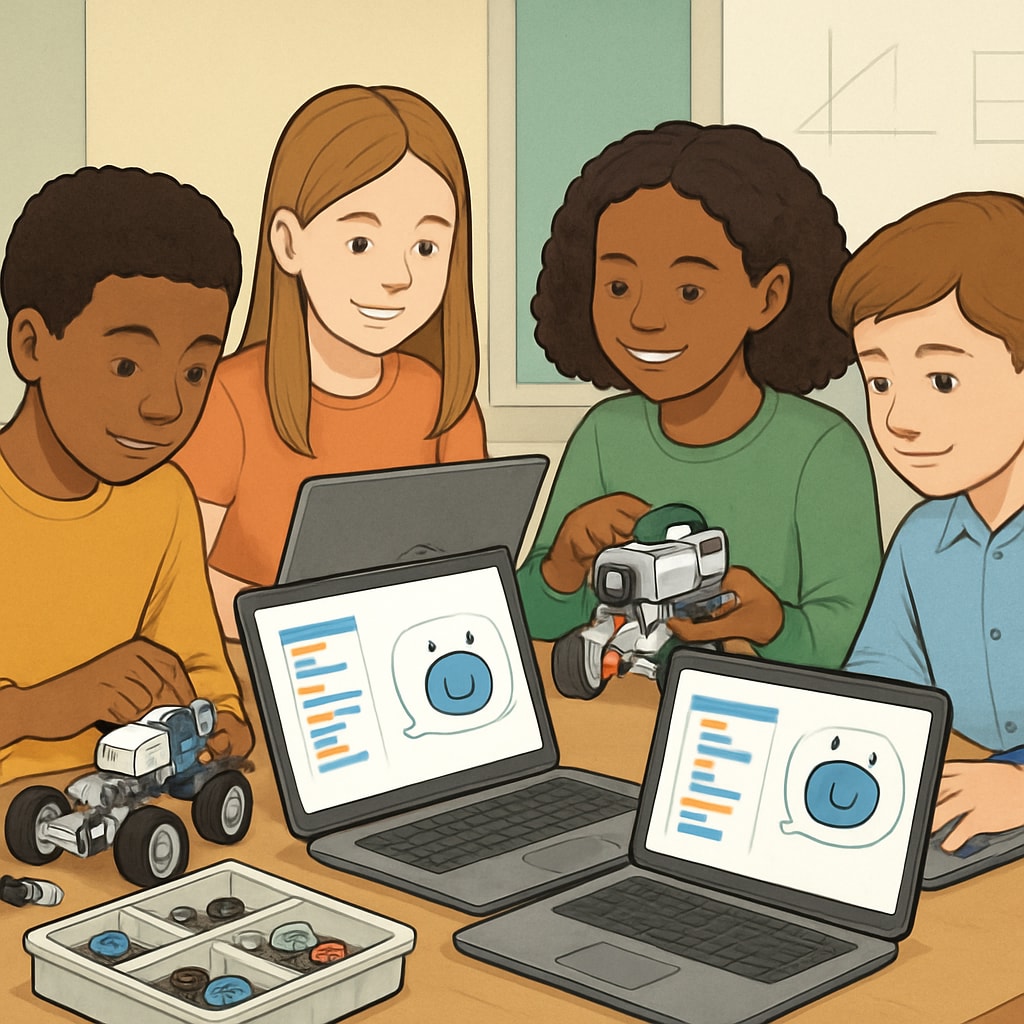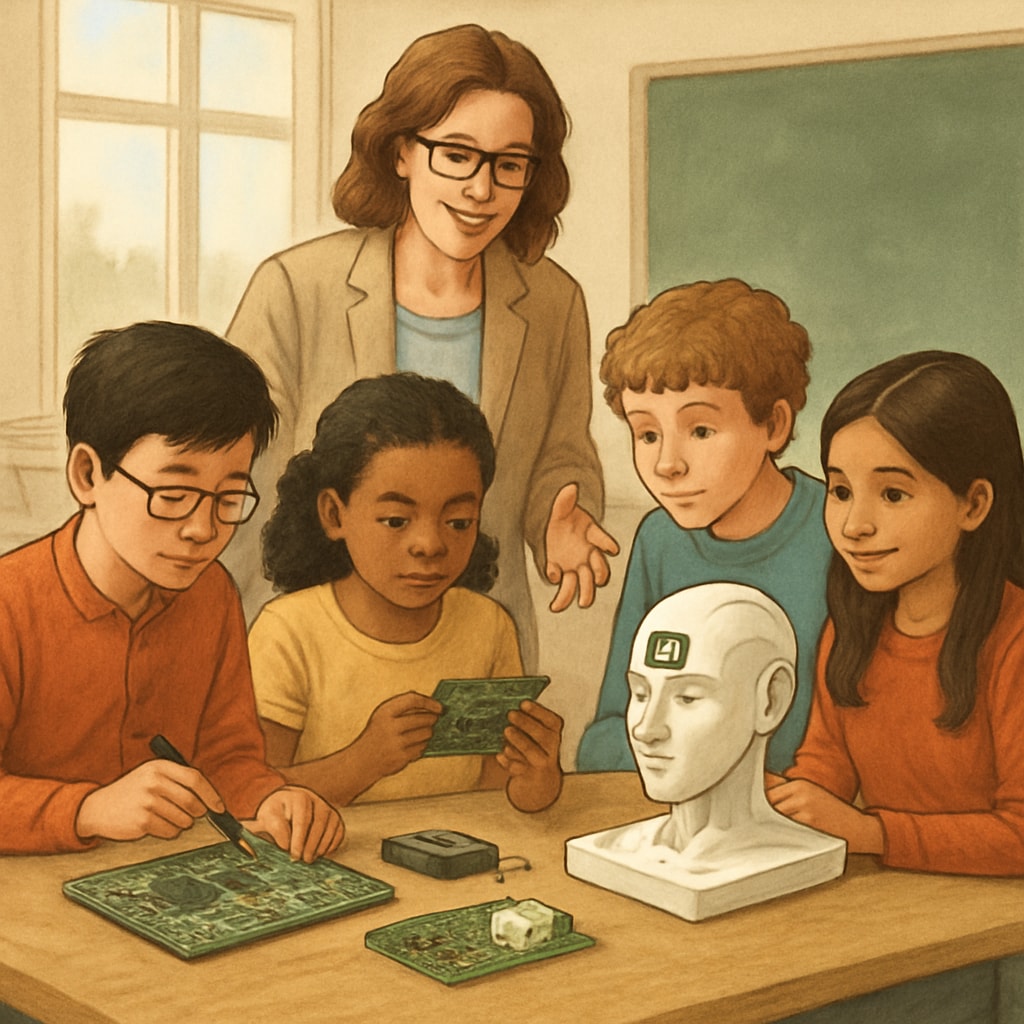The rapid advancement of artificial intelligence development presents fundamental challenges to traditional education value and career prospects. As AI systems demonstrate capabilities ranging from creative writing to complex problem-solving, educators must reconsider how we prepare students for jobs that may not yet exist.

Redefining Core Competencies for the AI Era
Traditional skill hierarchies are being inverted. According to the World Economic Forum, the top emerging skills now include:
- Critical thinking and analysis
- Creativity and originality
- Emotional intelligence
- Active learning strategies
- Complex problem-solving
These human-centric skills create what educators call the “AI gap” – capabilities that machines cannot easily replicate. For example, while AI can generate art, it cannot experience inspiration or emotional connection to creative work.
Curriculum Transformation Strategies
Forward-thinking schools are implementing three key reforms:
- Project-based learning emphasizing real-world applications
- Interdisciplinary courses combining STEM with humanities
- Continuous skill assessment replacing fixed curricula

The Massachusetts Institute of Technology recommends dedicating 30% of classroom time to developing “robot-proof” skills through debate, design thinking, and ethical reasoning exercises.
Building Career Resilience from Early Education
Career preparation must shift from job-specific training to developing adaptable competencies:
- Encourage entrepreneurial mindset through micro-business projects
- Teach data literacy across all subjects
- Develop metacognitive skills for continuous self-reinvention
As AI development continues to transform career prospects, the most valuable education will be one that prepares students to learn, unlearn, and relearn throughout their working lives.


